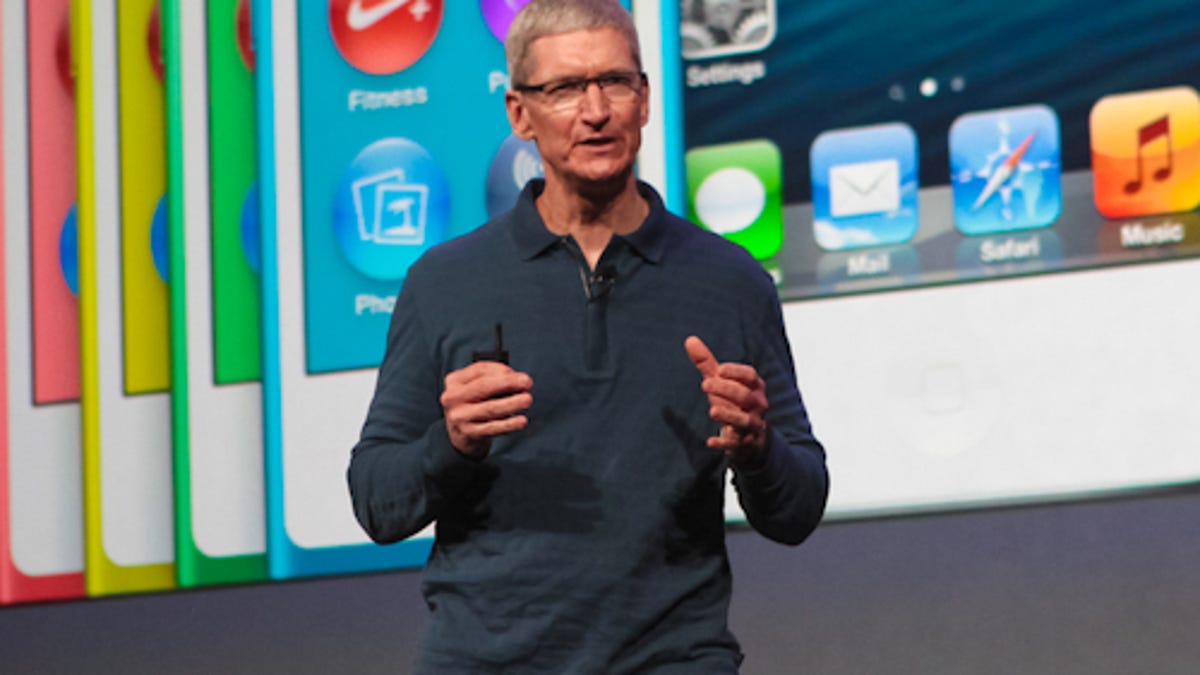Why Apple's guidance looks weak
Wall Street throws a tantrum after iPhone sales and revenue outlook disappoint, but did expectations run ahead of reality?

But asked during the conference call discussing its fiscal first-quarter earnings whether Apple was still a growth company, Cook displayed momentary frustration that Apple's message wasn't getting through.
"It's important to listen to what Peter said about guidance," Cook said, referring to CFO Peter Oppenheimer, who offered guidance for the March quarter that was weaker than forecast.
Apple now expects between $42 billion and $44 billion in revenue this quarter, down from the Wall Street estimate of $46 billion. In after-hours trading, Apple's shares sold off sharply in response to the iPhone sales and revenue outlook. Shares were down nearly 8 percent following the close of the conference call.
"Some people just look at numbers on a piece of paper," Cook said, adding that the company still expects continued double-digit growth. "We'll see how we do in the March quarter."
In his comments, Oppenheimer contended that "the underlying performance of our business is stronger than the guidance might imply." In particular, he pointed to the negative impact of currency rates with a stronger US dollar and a revenue deferral. He also said that Apple's channel inventory was more balanced than in prior quarters. (Apple wasn't able to meet iPad Mini demand until March, he said.) Another factor impacting his forecast -- and this is hardly a headline -- is the continuing decline of iPod revenues. iPod unit sales fell 52 percent in the December quarter, and Oppenheimer said Apple expects the drop to continue into the current quarter, creating "head winds."
Is it possible that expectations ran ahead of the reality on the ground? In fairness to Apple, the company did not begin selling its newest iPhone 5 in China until late December. This was also the first full quarter of availability for its latest crop of iPhones -- the 5S and 5C. And the company's partnership with China Mobile didn't go into effect until just recently.
But the analysts weren't giving management much of a pass. When Cook got asked what might be specific about the smartphone market that might be constraining Apple from expanding, Cook slapped down the question with a refrain he often sounds.
"Our objective is to make the best, not the most," he said, "and we feel we're doing that."

